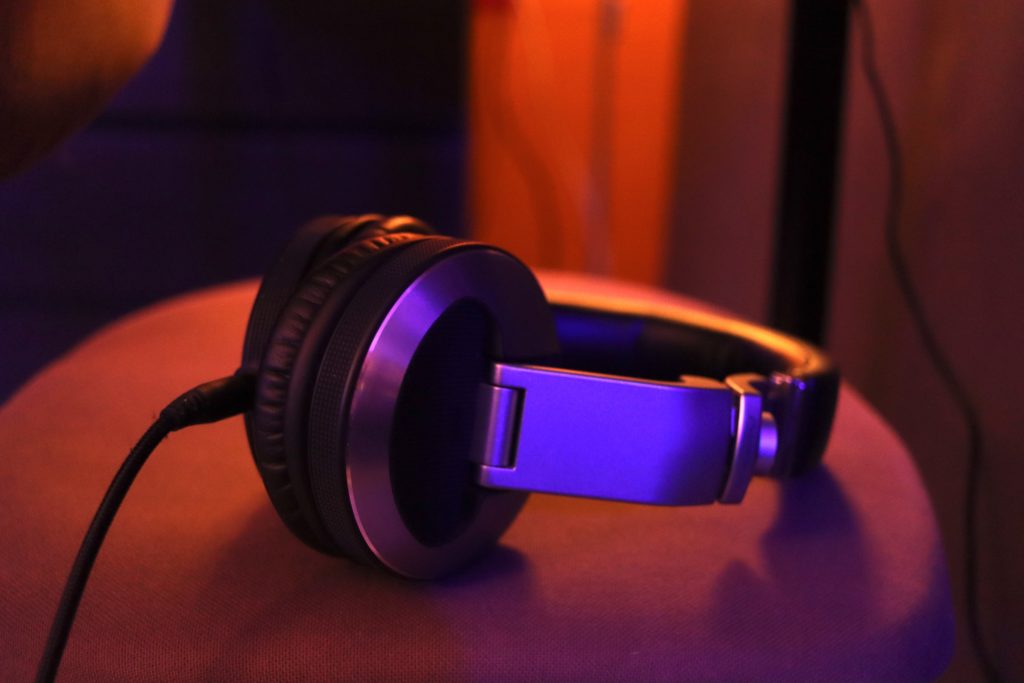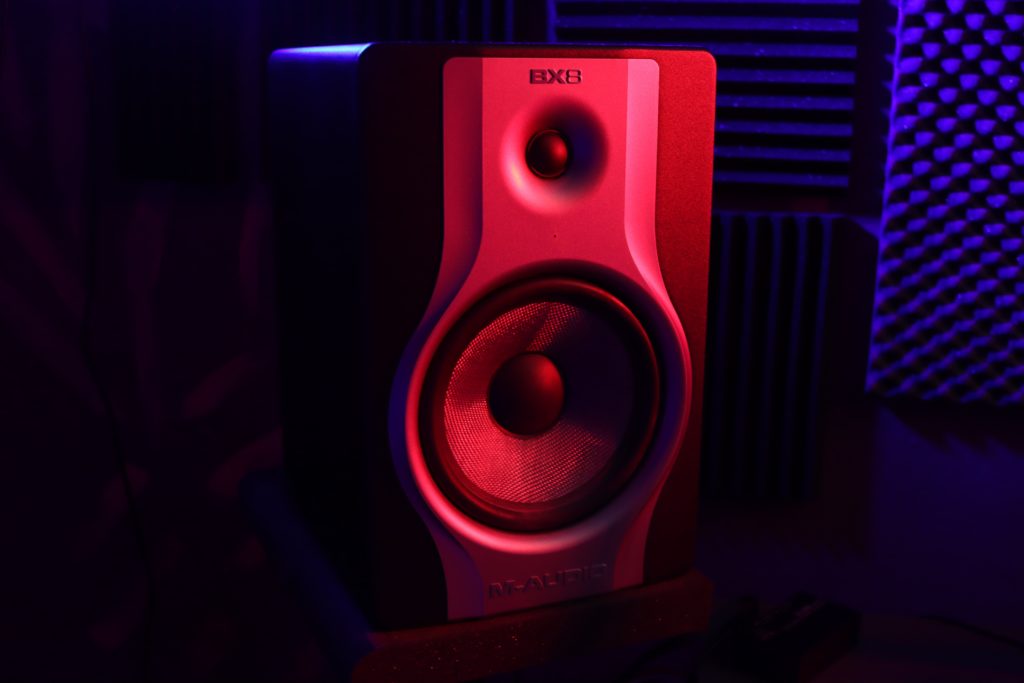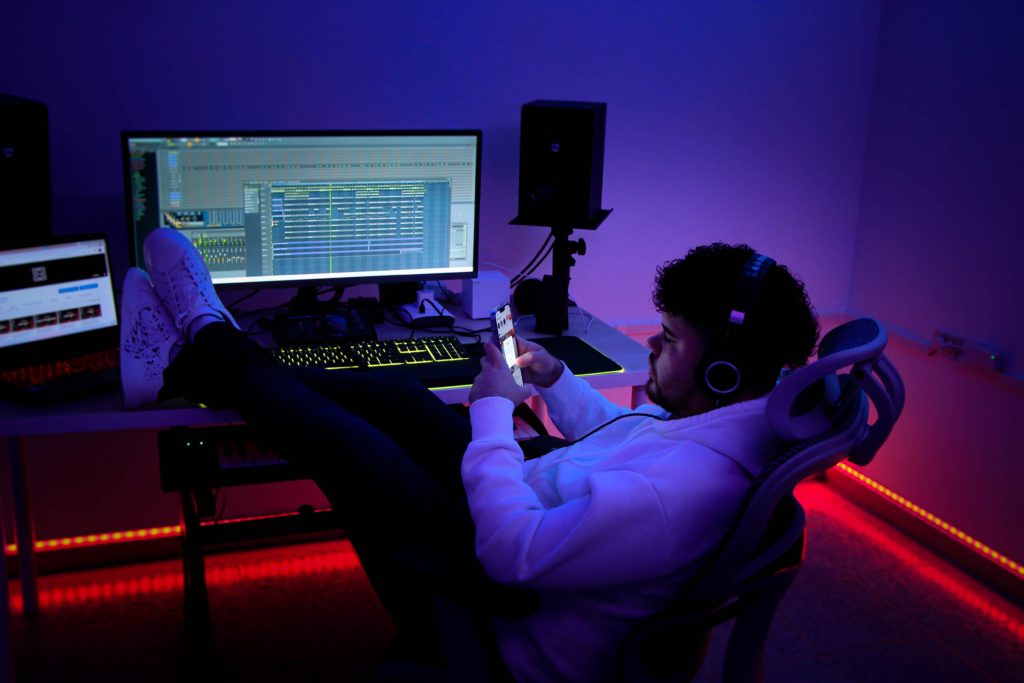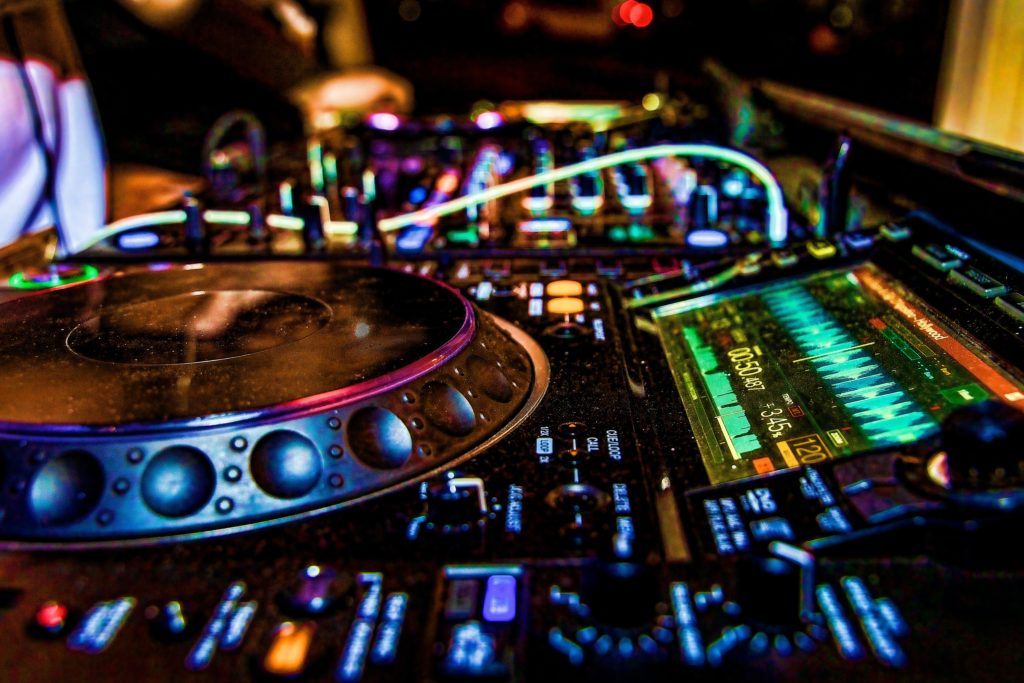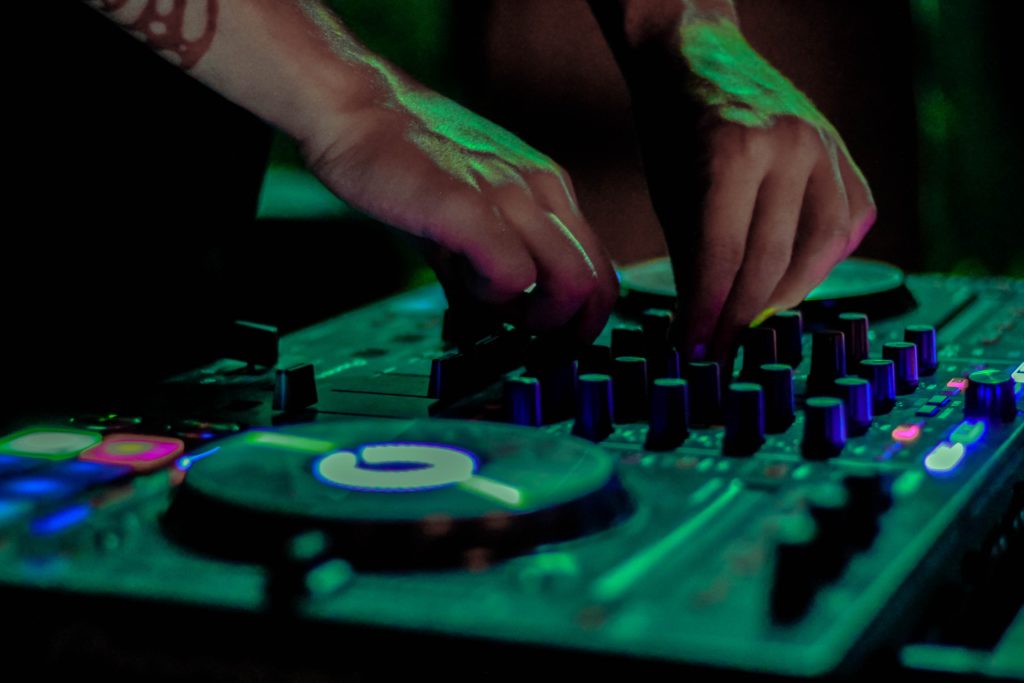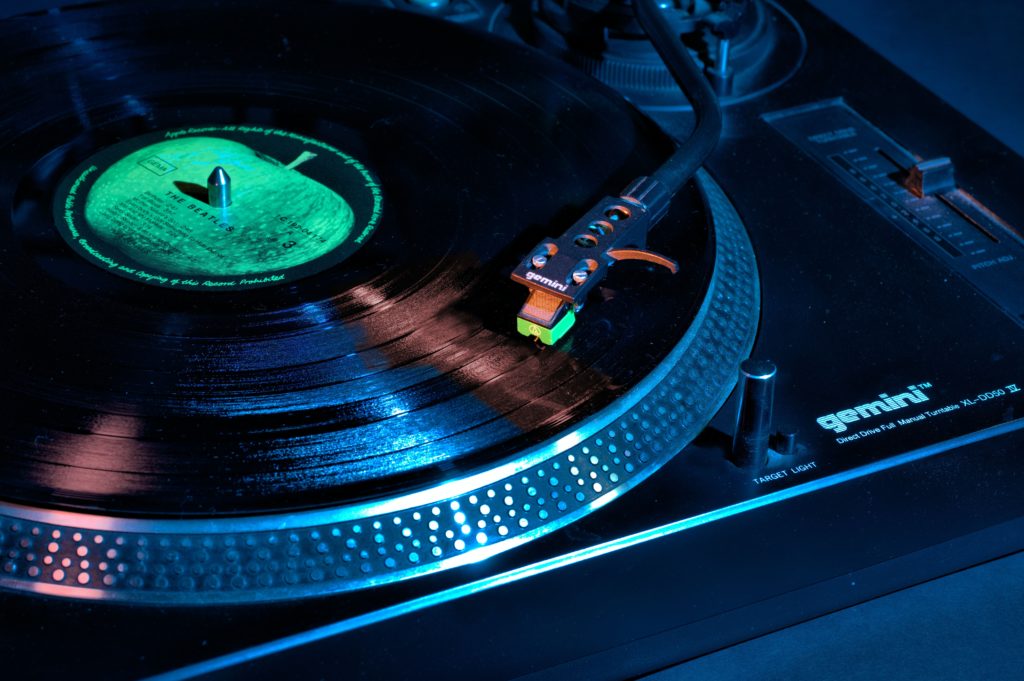There are two sides to the coin when it comes to the topic of relationships and music careers. You’re either someone who is juggling gigs and studio time with family responsibilities, or you’re an introverted loner who’s still living in his mom’s basement, and hasn’t had a date or their ham slapped since discovering compression.
Either way, the time and dedication required to maintain a relationship alongside a fully-fledged music career is something that doesn’t come easy to most. It’s also one of the main reasons why so many artists jack it all in eventually, and settle for a life of norm and financial stability. Because let’s face it, unless you make it to the very top, the money situation for an artist is forever-fluctuating and a constant worry.
Plus…
Chicks Don’t Dig Broke Ass Guys…
You could drop a fiery EP that sells thousands of copies worldwide, but most of the profits only ever really come from bookings. And even then you can expect at least 20% of that to go in the back pockets of agents and managers. This isn’t so much of a problem when you’re only responsible for yourself or a partner. However, if kids are in the question, a solo career as a musician rarely provides the necessities for a stable family household. Which is why many artists either have a second job, have wives or partners that have left them already, or have had to call it quits on their musical goals as a result of financial pressure. It’s a sad truth… but making money in music ain’t easy.
You May Have to Be Away A Lot
When you begin to get a lot of bookings as a musician or artist, you’re often going to be away from home a lot of the time. Though this can be very exciting for you and allows you to see different places and meet new people in the process, for the other person at home pining for your presence – it can take its toll on your relationships and family life after a while. This is why it’s important to keep in regular contact with your other half, and also have a high degree of trust and understanding between the two of you. On the plus side, they say the heart grows fonder in absence, and there’s no better feeling than coming home to your SO after months of being away on tour.
Resisting Temptation Isn’t Easy
This is another reason why trust is crucial in relationships where musicians and artists are concerned. You’ll meet a lot of different people at gigs, especially when it comes to the other sex. And sometimes one drunken or inebriated act can lead to another; before you know it, you’ve done something terrible that you’ll regret and struggle to live with. If you’re single, all of that attention can be wonderful. But if you’re in a devoted and committed relationship you should aim to resist these temptations. Keeping in touch with your other half regularly and limiting your alcohol consumption certainly helps. As does leaving or back to the hotel straight after the gig. Alone that is!
You Can Feel Lonely Even When Around People
Though you meet plenty of people as an artist, it can feel extremely lonely at times. Particularly when you’ve been away from your loved ones for long periods of time. Even the fans and promoters are people will only show up in your life momentarily because you’ll be off somewhere else the next day – which is probably why roadies were invented! But the fact of the matter is that no one can replace the feeling and support that your other half can give you while you’re away. This is why many long distance relationships often fail for musicians. It takes a strong partner to accept that you won’t be around when they always need you.
Fatigue and Exhaustion Can Take Over
One of the main things that can take its toll on a relationship and sex life is the utter exhaustion that comes from being on the road all day as a musician. As it does when you’ve spent too long with your nose attached to the PC screen. Making good music is something that absorbs your time and creative energy, so it can be tough spending quality time with your other half when you’re literally running on fumes. This is why a lot of people find it works more in favor of both sides if you schedule your dates and time together. That way, you’ve both got something to look forward to and can better organize your projects and studio time as a result.
The Bottom Line
As much as it has its perks, life can be hard when you’ve chosen a path in music. And it’s even more difficult to maintain healthy relationships with those close to you if you’ve not got some boundaries in place. Finding a balance between the two requires compromise, understanding and respect for each other. As well as the personal space and time to create music and do your own thing. Something you absolutely deserve!


